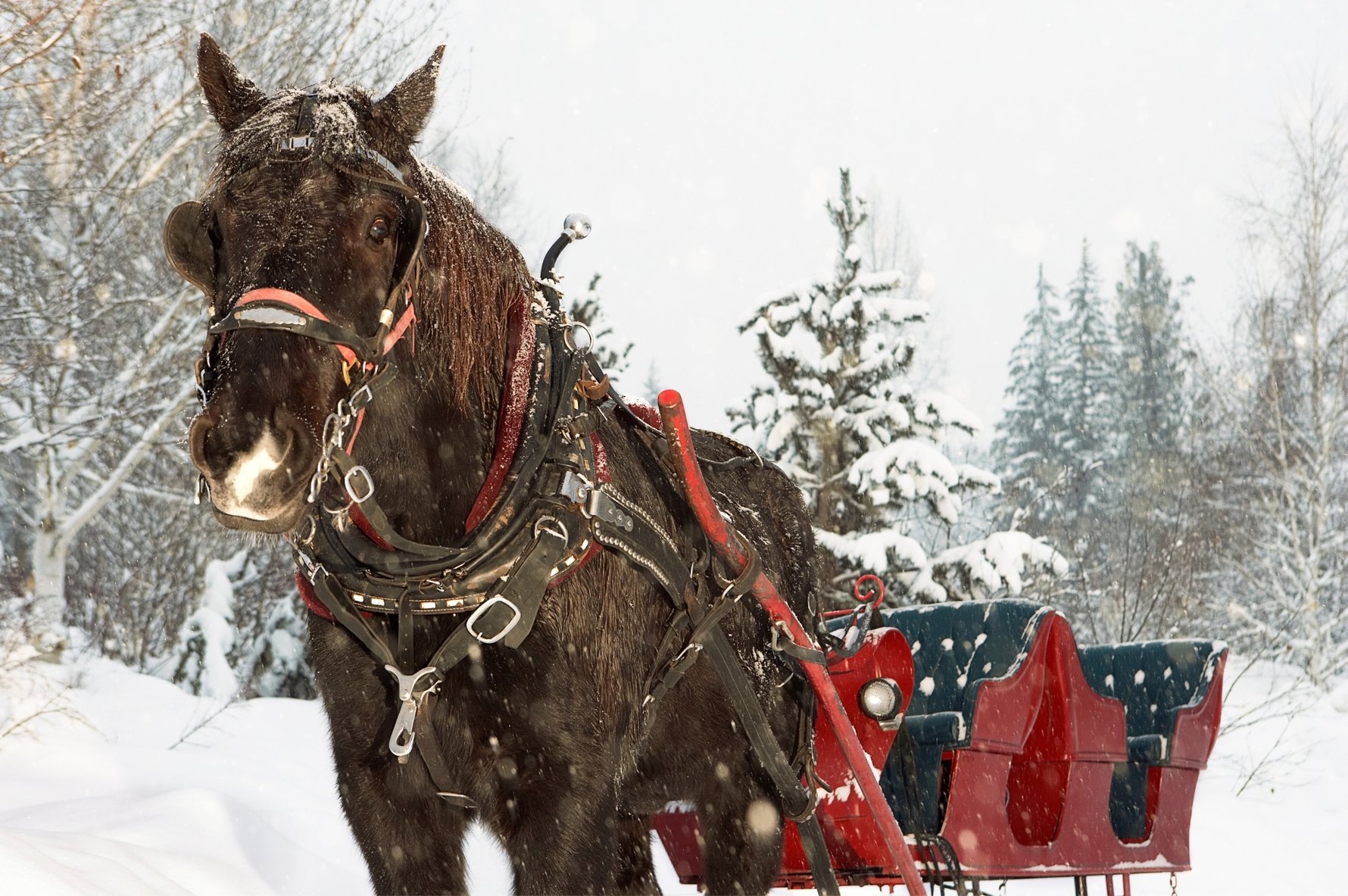The word Luty, the name of the second month in the Polish calendar year, comes the Old Slavic word *ľutъ, an adjective that describes something fierce or harsh. This is how Poles used to describe the weather at this time of the year, though as we've mentioned before, climate change has shifted weather patterns significantly. In the past, however, Luty was far colder and windier than we can imagine!
The western European tradition of Valentine's Day on the 14th has become extremely popular in Poland. Once that's wrapped up, however, its time for some serious observance. Luty sees the start of Karniwał, or Carnival season, the Catholic tradition of preparing for the fasting season of Lent (or Post in Polish). This last hurrah of indulgence takes place on Tłusty Czwartek, or Fat Thursday (not to be confused with Fat Tuesday or Mardi Gras).

Though in essence, they serve the same purpose.) This usually takes place around the 2nd-last week of the month. Instead of fancy street parades and colourful costumes, Poland practices restraint and focuses on satisfying the individual's sweet tooth. Local bakeries have ordered a few extra shipments of Pączki, or jam-filled Donuts, which are enthusiastically devoured by locals. The following week on Shrove Tuesday, things have a significant change of pace, as pickled herring, or Sledź, is served as a symbol of Christian devotion. For this reason, Shrove Tuesday is known as Śledzik or Śledziówka.

In Poland, the Karniwał period is a popular time to hop on a horse-drawn sleigh ride, or Kulig. In the past, a kulig journey would often culminate in a fireside celebration, complete with feasting and traditional Polish song and dance. These days, however, a winter barbeque is usually enough...and maybe a little bit of hard spirits!
Check out other months in the Polish Calendar Year!
Styczeń (January)Luty (February)
Marzec (March)
Kwiecień (April)
Maj (May)
Czerwiec (June)
Lipiec (July)
Sierpień (August)
Wrzesień (September)
Październik (October)
Listopad (November)
Grudzień (December)



Comments